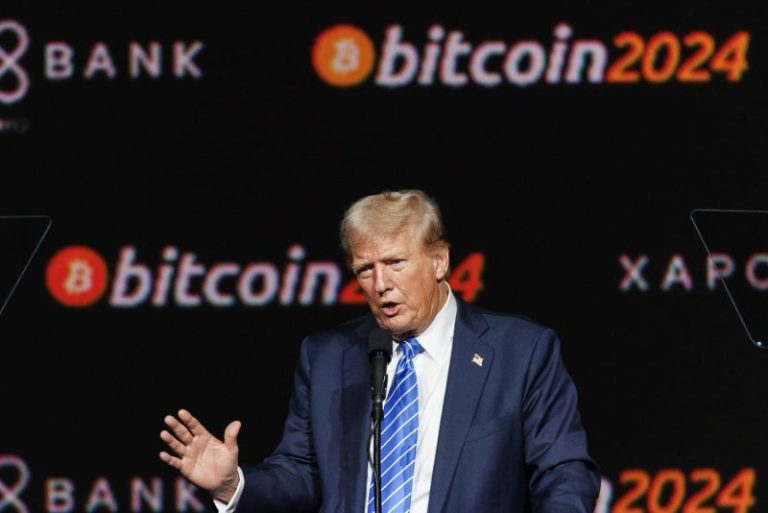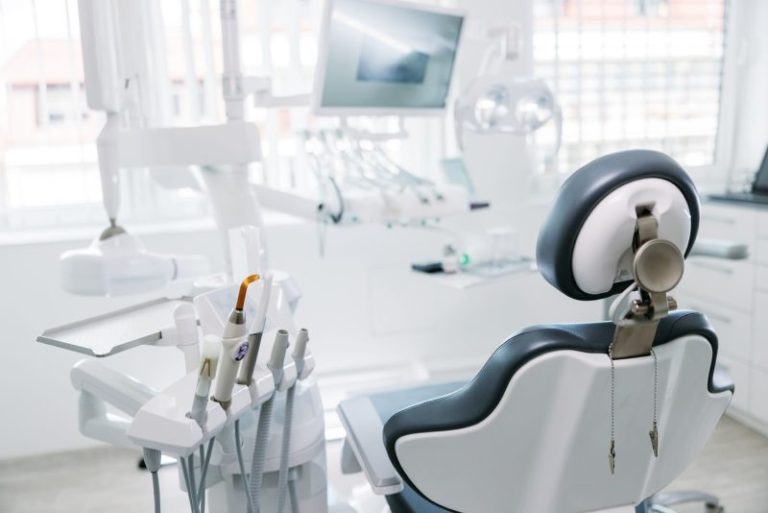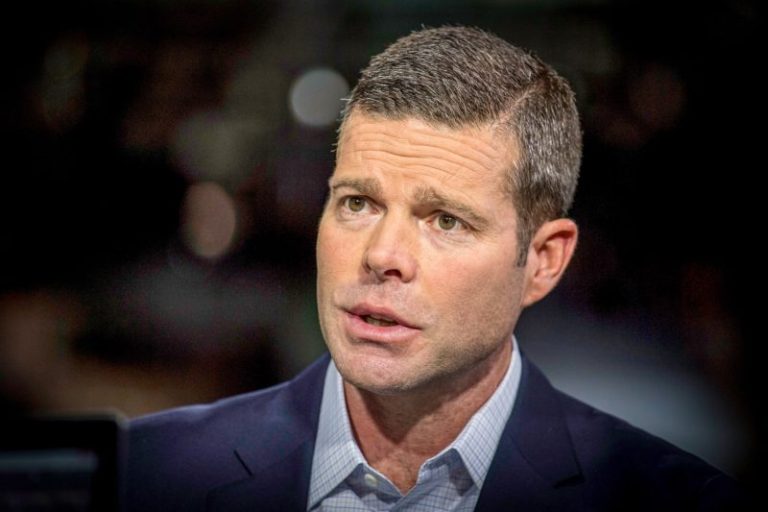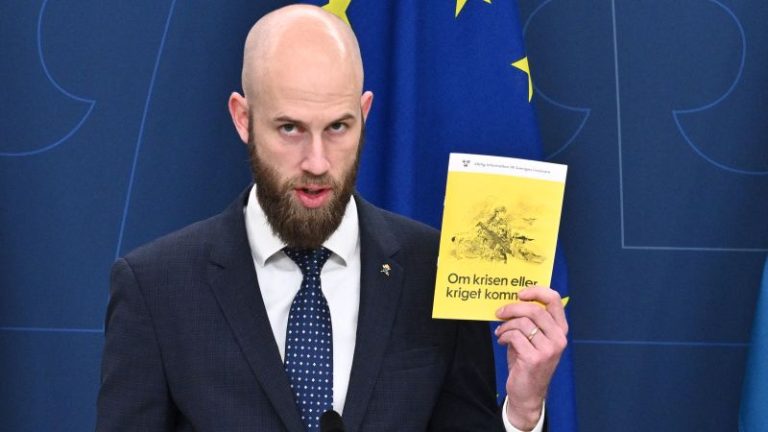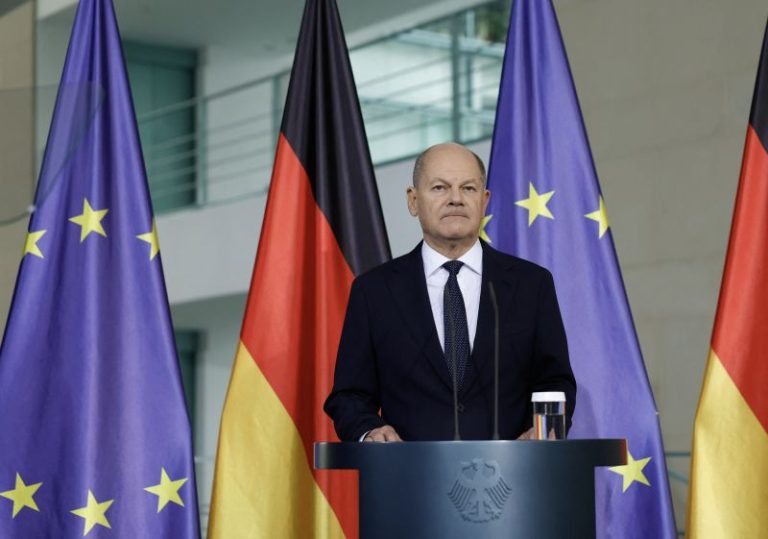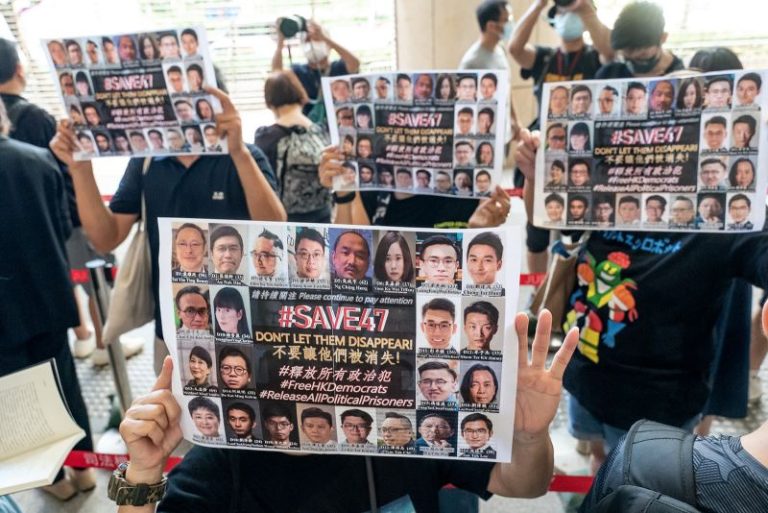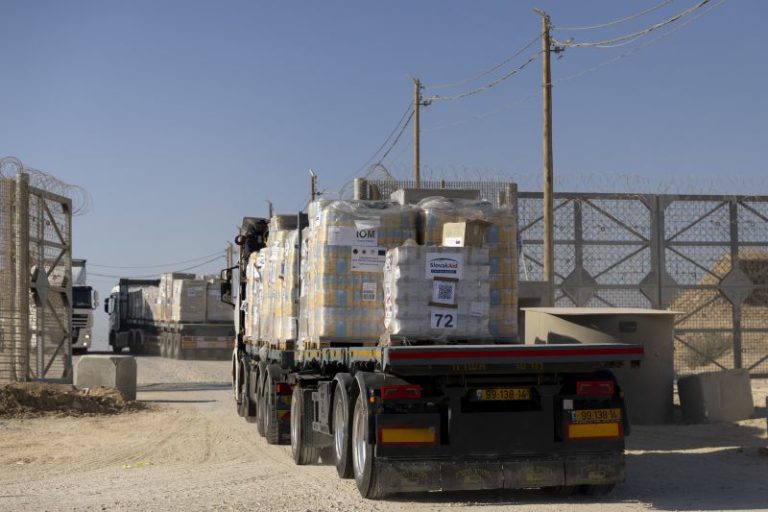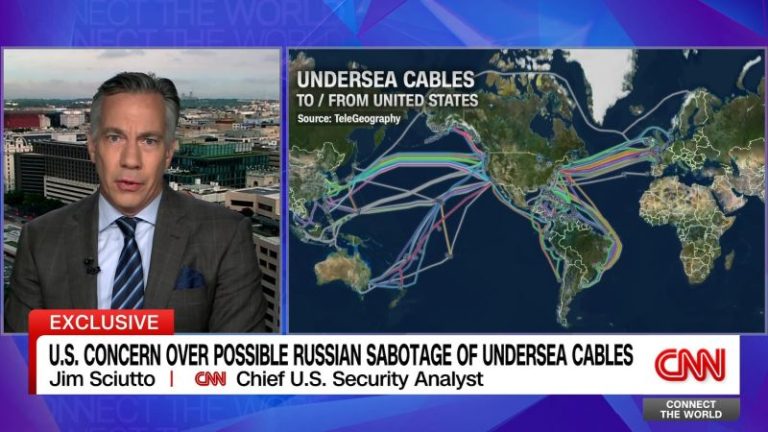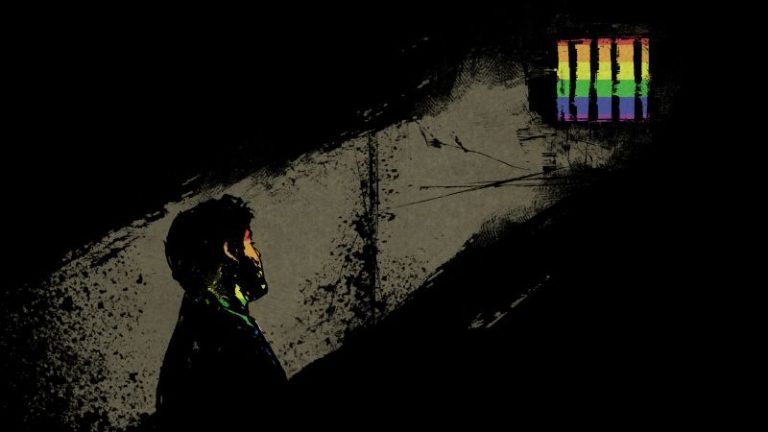Warning: This report contains graphic descriptions of sexual violence.
It was the early hours of the morning when a guard entered Sohrab’s cell – a small, dark room with a barred window and a blanket on the floor – in Kabul’s sprawling Pul-e-Charkhi prison last August.
The 19-year-old was escorted to another room in the complex, where he heard a Taliban member order the prison guards to leave and stop anyone else from entering. Panic set in, for Sohrab knew what these words often preceded. He had experienced physical violence at the hands of the Taliban before.
Sohrab was being detained at Pul-e-Charkhi on the charge of sodomy, after family members found out about his and his boyfriend’s clandestine romance last year, he said. News of their relationship had spread through their tight-knit community, leading to his arrest and forced confession.
They added: “These allegations are fabrications as the alleged claims of torture, rape, persecution and mistreatment are themselves explicit violations of the legal framework.”
A week after the first assault, his wounds still raw, Sohrab said he was raped again – and then a further four times by the same Taliban member.
“My whole body was praying for my death,” Sohrab said. “Every time, he would threaten me that if I dared to tell anyone about the rape, he would kill me with his own hands.” Sohrab managed to leave Afghanistan, but lives in constant fear of further persecution, for the country he fled to also criminalizes homosexuality.
The nonprofit added that it has relocated 252 LGBTQ Afghans to safe countries since 2021.
Neela Ghoshal, senior director of law and policy at US-based charity Outright International, said that there could be a “number of reasons” why the Taliban is using sexual violence as a tool of repression against the LGBTQ community.
“We know that so-called ‘corrective rape’ – which I think of as not corrective at all, but as bias-motivated rape that is often done to punish people – happens all over the world,” she said, and is more about power than sexuality.
In the context of Afghanistan, she said, some of the same Taliban members who are calling for LGBTQ people to be punished for same-sex relationships are also engaging in non-consensual and violent sexual abuse of men and boys.
When the Taliban completed their lightning takeover of Afghanistan in 2021 – following the messy withdrawal of US-led troops after two decades of conflict – it wasn’t clear how severely they would enforce their strict interpretation of religious laws against Afghanistan’s LGBTQ community.
Under the previous Western-backed government, same-sex sexual relations were already punishable by up to two years in jail, with LGBTQ people also facing harassment and violence from society and the police, according to the US Department of State.
During the Taliban’s resurgence, one Taliban judge said there were only two punishments for homosexuality – stoning or being crushed under a wall, according to Germany’s Bild newspaper; others said the Islamist group had tempered its more radical attitudes.
Afghan LGBT Organization has verified more than 50 cases of detention of LGBTQ people since August 2021, using documentation issued by the Taliban, such as letters and arrest warrants, and is working to verify a further 150 cases reported by individuals.
It’s hard to estimate how many LGBTQ people have been detained in Afghanistan overall since 2021, Ghoshal said, thanks to a lack of reporting channels and a fear of reprisal for speaking out.
But the Taliban certainly appear to have become more systematic in their persecution of LGBTQ people since regaining power, Ghoshal said. Some people have reported that officials are actively “hunting for them, coming to their houses, with arrest warrants issued,” she said.
Nazari, who fled before later being beaten and briefly detained by the Taliban, is now in a safe country but says living under Taliban rule is “forever etched in my mind, memories of fear, helplessness, and loss of hope.”
Others have been detained over content found on their phones or posted on social media, suggesting the Taliban could be using the internet to track down members of the LGBTQ community, Akbary said.
“One night I was in a taxi to come home, (and) the Taliban stopped me and the taxi driver for a search,” said Abdul, a 22-year-old gay man. “They saw my Instagram, Facebook, Twitter. All the photos and content were LGBTQ,” he said.
Abdul had managed to flee to Iran following the Taliban’s takeover in 2021, and then to Turkey, but he was deported back to Afghanistan in early 2024, he said.
After two weeks held in this room, Abdul was transferred to a prison in Herat, northwestern Afghanistan, for a further six months, only being released when a friend paid the Taliban the equivalent of $1,200 to bail him out, he said.
His family refused to have him back due to his sexuality being exposed, he said, and he now lives in hiding again, with no support from friends or relatives. “I am still in the Taliban jail, but the only difference is that I am not inside a prison.”
Tracking the alleged abuse of LGBTQ detainees is a difficult task in a country stalked by fear of the Taliban and with heavy restrictions on media freedom.
Much of it reportedly takes place behind closed doors in formal and informal detention facilities, said David Osborn, director of Afghan Witness, a human rights monitoring project run by the UK’s Centre for Information Resilience (CIR), which specializes in open-source analysis.
These flogging events involved 360 people, including 192 men, 40 women and 128 of unknown sex or gender, according to Afghan Witness data.
But the exact number of those flogged for the charge of sodomy alone is unclear, as other offenses, such as adultery and having an “illicit relationship,” are often also listed, the organization said. It’s also hard to know how many of these charges are leveled specifically against members of the LGBTQ community.
Other human rights groups have documented instances of extrajudicial detention, conducted out of the public eye. In some of Afghanistan’s provinces, this is signaled by a lack of the official documents usually issued in relation to someone’s arrest or court case, Akbary said.
Instead, Sano says, his phone memory card was taken, and he was locked in a windowless room for two weeks. “I was tortured so much by the Taliban. Slapped. Beaten by them,” the 24-year-old said in September. “The room was in darkness. I couldn’t feel the sun.”
Sano claims the house was being used to detain other LGBTQ Afghans too. “There were many LGBTs brought to the house before me,” he said. “Some of them were killed. One of my partners was killed by them. Many LGBTs were there in the rooms.”
He was only released from detention when the Taliban were paid a fee, he said, facilitated by someone known by his father. He’s now in hiding after discovering that the Taliban are trying to track him down again.
Women and LGBTQ Afghans ‘united in their suffering’
In February, Afghan LGBT Organization and Outright International wrote a joint letter to Rosemary DiCarlo, the UN’s under-secretary-general for political and peacebuilding affairs, highlighting a “lack of inclusion of LGBTIQ perspectives in UN engagement on Afghanistan.”
Top UN officials and global envoys met with the Taliban in Qatar in June to discuss human rights concerns. But the talks sparked a backlash from human rights organizations for excluding Afghan women and other civil society groups.
After the meeting, DiCarlo told a press conference that the “concerns and views of Afghan women and civil society were front and center, adding that those present “also discussed the need for more inclusive governance and respect for the rights of minorities.”
Examples of the Taliban’s curtailment of human rights in the country were documented in a September report by the UN Assistance Mission in Afghanistan (UNAMA). But the report made no mention of LGBTQ people, including bisexual, lesbian and transgender men and women, Akbary said. “In general, the UN is ignoring the situation of LGBTQ people in Afghanistan,” he added.
With little sign that the Taliban will improve their record on human rights, many in the country feel abandoned by the international community.
Afghan women and LGBTQ people are united in their suffering, Abdul said.
“I am a prisoner in a country called Afghanistan,” he said. “I have to hide from everyone, hide from family, hide from friends, hide from the government, hide from life.”
This post appeared first on cnn.com

